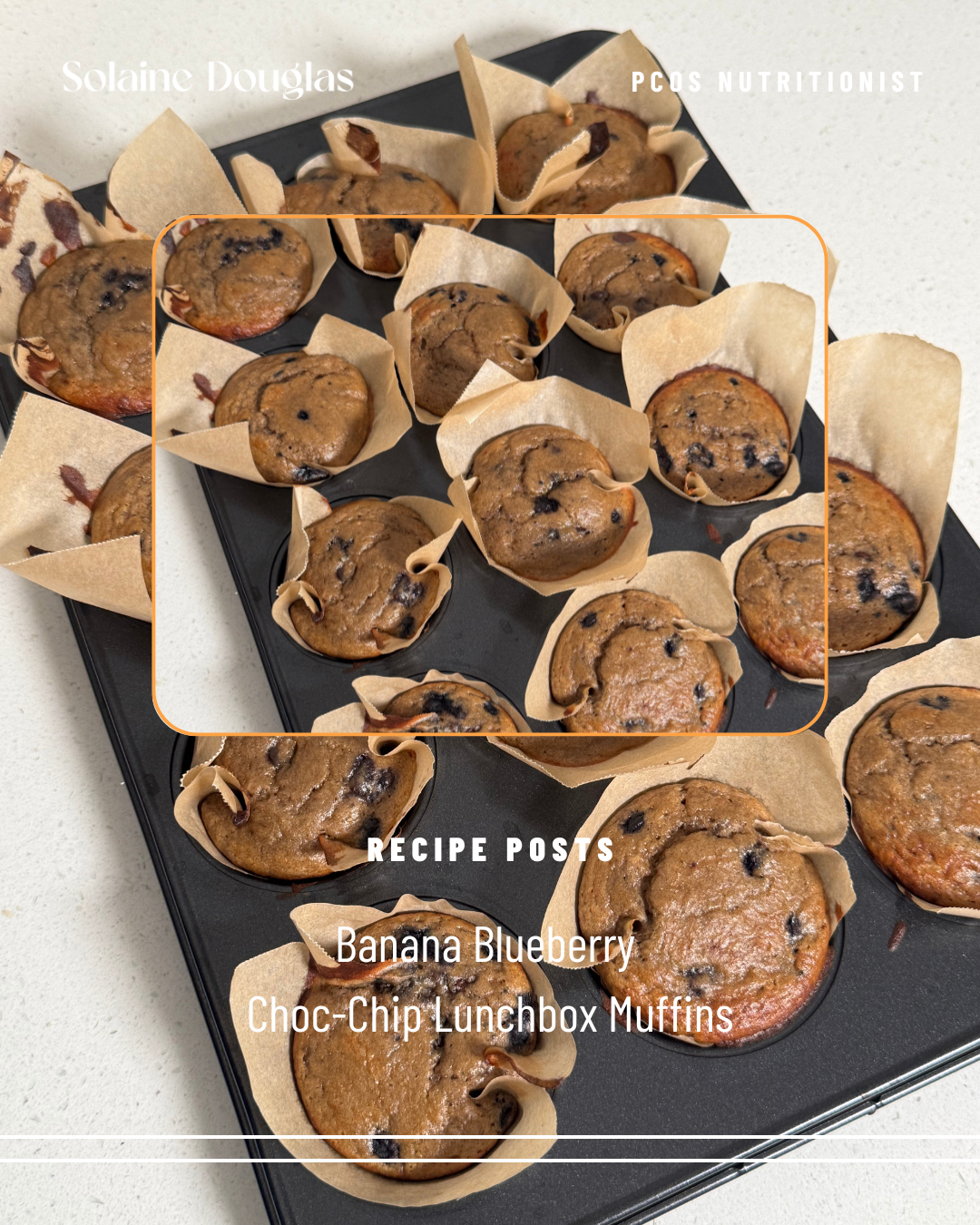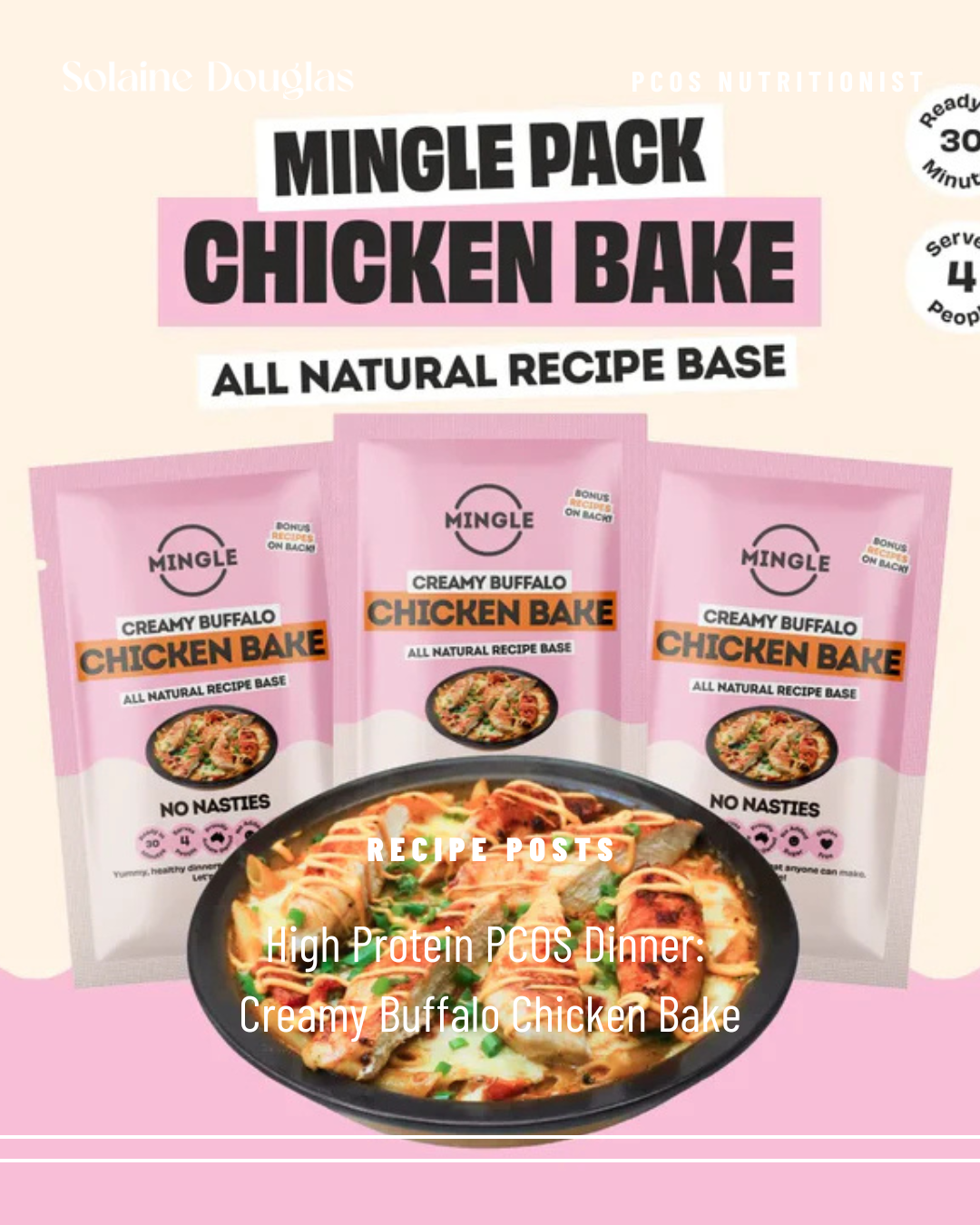Why Nuttelex, margarine and vegetable oils belong in the bin
November 26, 2021
There is so much conflicting information out there in the health and nutrition space. It becomes hard to know what is healthy and what is unhealthy. In my clinical experience one of the most common myths that I continue to come up against is that saturated fat causes heart disease, and that vegetable oils are ‘heart healthy’.
In this blog I highlight why vegetable oils including margarine and Nuttelex are not a healthy option, and why instead real whole food fats like coconut oil, butter, ghee or extra virgin olive oil should replace them.
If you are looking for personalised support in your health journey, there will be an option to book in a complimentary health chat at the end.
How vegetable oils are made
Let’s start by thinking about how vegetable oils are made…The oils are chemically extracted from canola, corn, safflower, rapeseed, soybean or peanuts. Before consumption, they must be refined, bleached and deodorised.
- Seeds are gathered from their respective plants.
- They are heated to extremely high temperatures causing the unsaturated fatty acid chains to oxidise creating by-products known as reactive oxygen species (ROS). ROS are key drivers of inflammation in the human body.
- The seeds are then processed with petroleum-based products to get even more oil from them.
- At this point, the oil has such a repulsive smell to it that manufacturers add chemicals to the oil to deodorize them.
- And last, but not least chemical colouring agents are added to the oils to make them look appealing.
For many years vegetable oils have been touted as ‘heart healthy’ alternatives, with saturated fats like butter, ghee and coconut oils have been demonised as causing heart disease. The thing is, up to date research tells a very different story about vegetable oils and saturated fats.
6 Reasons to avoid vegetable oils for your heart health
- Vegetable oils are chemically processed and often come from GMO crops.
- Vegetable oils are repeatedly heated, prone to oxidation and creating inflammatory by-products.
- Vegetable oils contain an increased Omega-6 to Omega-3 ratio (AKA increases inflammation).
- Vegetable oils contain harmful chemicals like synthetic antioxidants and chemicals.
- Vegetable oils contribute to endothelial (blood vessel) dysfunction.
- Vegetable oils are not biologically matched for human consumption before the industrial age humans did not consume vegetable oils.
If vegetable oils are so bad for us then how did they end up in so many of our foods?
The history of ‘heart-healthy’ vegetable oils, unfortunately, stems back to faulty scientific research and questionable financial incentives…The makers of Crisco donated $1.5 million to the newly formed American Heart Association (AHA) to pull together a team of physicians specialising in heart health. The AHA did not waste any time to begin promoting the use of vegetable oils as ‘heart-healthy’.
This was just a few years before Ancel Keys promoting his hypothesis that saturated fat and cholesterol intake was linked to heart disease. Shortly after saturated fats and cholesterol found in whole foods that traditional cultures across the globe have been eating for centuries was cited as ‘unhealthy’. Keys’ research has since been shown to be not only incorrect, but deliberately cherry-picked, yet it continues to shape many of our national dietary guidelines.
Oils and fats that are healthy to cook with
- Grass-fed butter
- Grass-fed ghee
- Extra virgin olive oil (best at temperatures <180C)
- Unrefined coconut oil
They are the most heat stable and have the lowest degree of human interference. Mother nature knows best!
If you are concerned about your fat intake, please know this
- Fats including saturated fats are a necessary part of the human diet. The neurons in your brain are insulated by a saturated fat coating called a myelin sheath.
- The outside of every single cell in your body is made from cholesterol and it is the building block of your hormones.
- For most people cholesterol from dietary sources only accounts for increases in blood levels of 1-2%. What will unfavourably affect your lipid panel is eating vegetable oils, eating sugar, eating processed foods, drinking alcohol, excessive caffeine, poor weight management because these all contribute to inflammation.
- Saturated fats from grass-fed butter, ghee, animal fats and coconut oil increase our HDL cholesterol, which picks up cholesterol in the arteries and takes it back to the liver for reuse or excretion.
Nutrition information can get confusing quickly, especially when our government guidelines are an estimated 17-20 years behind current research and best practice. To think critically about nutrition information I believe we need to ask two important questions:
- What did traditional cultures do and eat?
- What is the physiological requirement for our body for optimal health and what foods provide that in highest amounts?
If you are ready to take the next step in your health journey, book in for a complimentary 15 minute consultation here.

